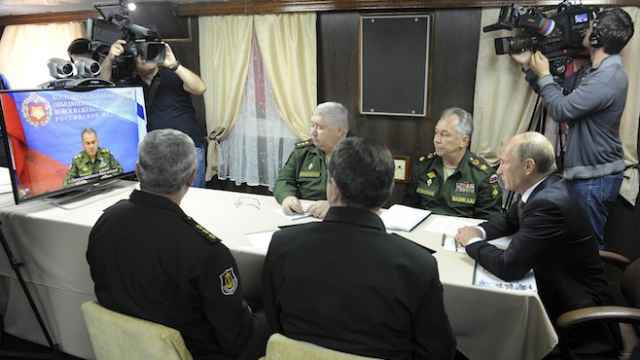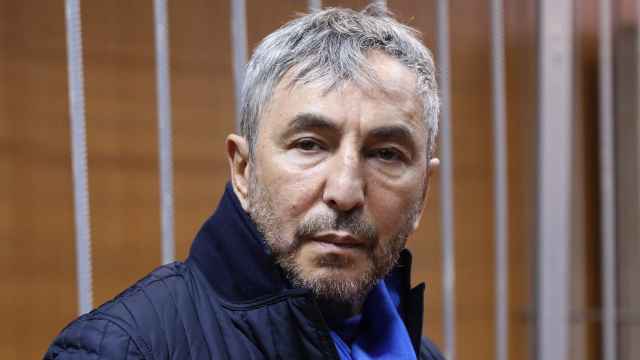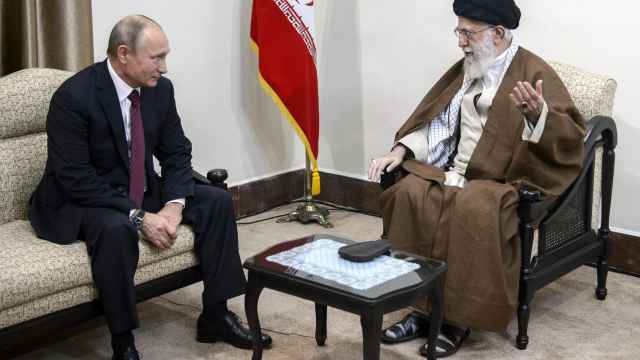The International Space Station, co-managed by the U.S. and Russia, was awarded Germany's Peace of Westphalia Prize on Saturday for facilitating cooperation between the once-bitter adversaries.
The prize takes its name from the landmark 1648 Treaty of Westphalia, which ended decades of war between the European powers and defined the nation state as a sovereign entity, laying the groundwork for the international system as we understand it today.
Other notable winners of the prize include former UN secretary-general Kofi Annan and former German chancellor Helmut Schmidt.
"The success of this 'outpost of humanity' in space proves that peaceful international cooperation by partners from different cultures is possible," the prize's German award group said in a statement.
The International Space Station program, which coordinates the 15 partner space agencies that support the space station and pay for the $160 billion the station has cost so far, was up for but did not win the 2014 Nobel Peace Prize.
The ISS has weathered a series of political storms in its 14 years of existence, earning a spot for itself as one of the most productive partnerships ever established between the U.S. and Russia.
Men and women who were enemies during the Cold War "now live and work together in close quarters," the statement said.
However, the crisis in Ukraine has tested the resolve of the space station partners. With diplomatic ties fraying at all levels as Russia and the West butt heads over Ukraine, Russian Deputy Prime Minister Dmitry Rogozin in May said that Russia may not be interested in remaining in the program beyond 2020.
For the moment, NASA and its Russian counterpart, Roscosmos, have successfully warded off any further political encroachments on their work.
The leaders of the space agencies involved in the ISS program will hold their annual meeting in Paris next week to discuss the state of the program and its future.
A Message from The Moscow Times:
Dear readers,
We are facing unprecedented challenges. Russia's Prosecutor General's Office has designated The Moscow Times as an "undesirable" organization, criminalizing our work and putting our staff at risk of prosecution. This follows our earlier unjust labeling as a "foreign agent."
These actions are direct attempts to silence independent journalism in Russia. The authorities claim our work "discredits the decisions of the Russian leadership." We see things differently: we strive to provide accurate, unbiased reporting on Russia.
We, the journalists of The Moscow Times, refuse to be silenced. But to continue our work, we need your help.
Your support, no matter how small, makes a world of difference. If you can, please support us monthly starting from just $2. It's quick to set up, and every contribution makes a significant impact.
By supporting The Moscow Times, you're defending open, independent journalism in the face of repression. Thank you for standing with us.
Remind me later.





